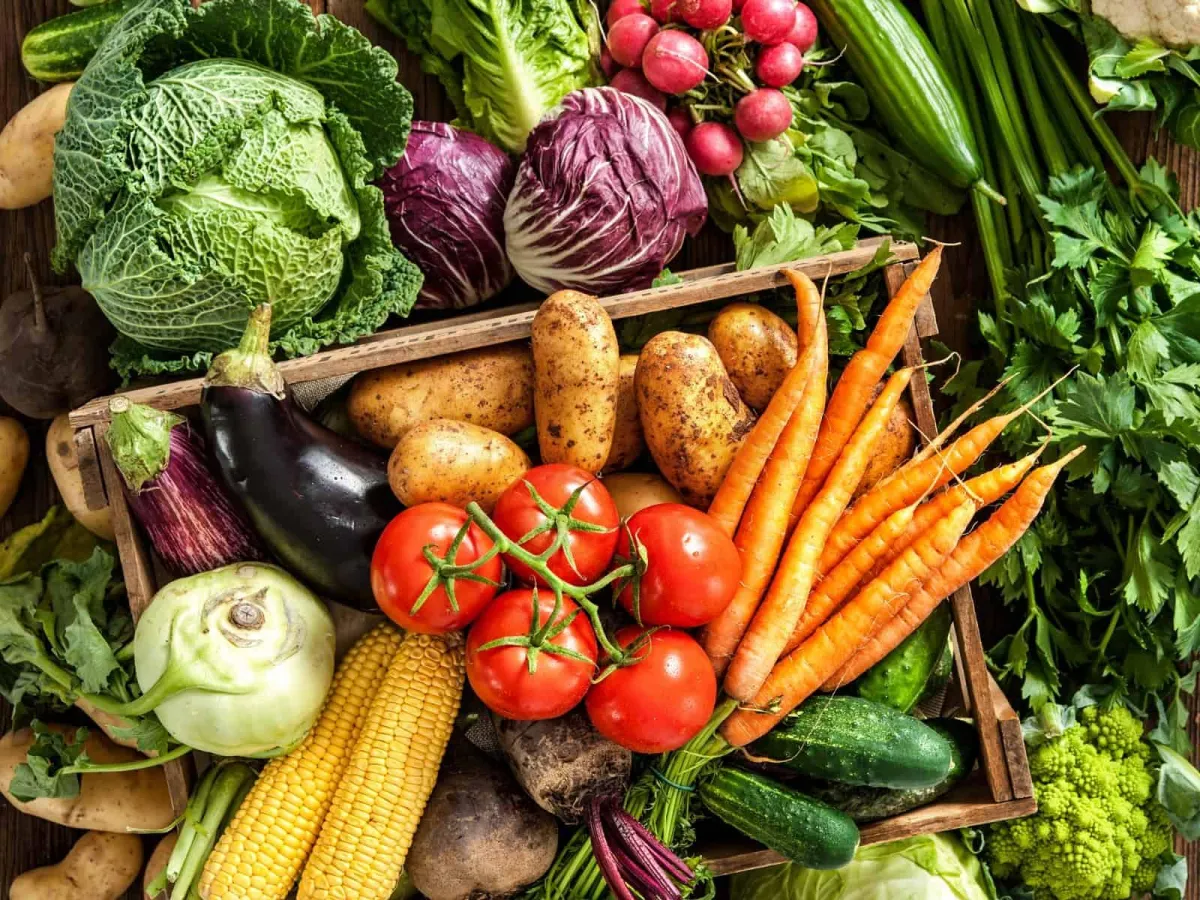
Eating with the Seasons: Why Your Ancestors Were Right
Before the era of grocery stores and global food supply chains, humans ate what grew around them—fresh, local, and in season. While today’s convenience offers access to virtually any food year-round, returning to our roots through seasonal eating can have powerful health benefits. It turns out, your ancestors were on to something.
What Is Seasonal Eating?
Seasonal eating means consuming fruits, vegetables, and other foods that are naturally harvested during a particular time of year in your region. For example, enjoying berries in the summer, root vegetables in the fall, or hearty stews made with winter greens when it’s cold.
The Ancient Wisdom
Traditional medicine systems like Traditional Chinese Medicine (TCM) and Ayurveda have long emphasized the importance of syncing your diet with the seasons. These traditions recognize that nature provides exactly what we need, when we need it:
Spring: Light, cleansing foods like leafy greens support liver detoxification after a heavy winter.
Summer: Cooling fruits and hydrating vegetables help balance internal heat.
Fall: Heavier, grounding foods like squash and sweet potatoes prepare the body for winter.
Winter: Warming foods like soups, stews, and root vegetables nourish and protect.
The Modern Science
Research now backs what traditional systems have known for centuries:
Nutrient Density: Seasonal produce is fresher, more flavorful, and richer in vitamins and antioxidants.
Environmental Syncing: Our circadian rhythms and gut microbiome shift with the seasons. Seasonal foods support these changes, enhancing digestion and immunity.
Reduced Inflammation: Studies suggest eating local and seasonal foods may reduce inflammation and oxidative stress.
Environmental Benefits: Seasonal and local eating supports sustainable farming and reduces carbon footprints from long-distance transport.
How to Eat Seasonally Today
Even with modern access to global foods, you can still embrace seasonal eating by:
Shopping at local farmers markets – Foods there are often grown nearby and reflect what’s in season.
Learning your region’s seasonal produce – Use online guides or apps to know what’s fresh each month.
Preserving the harvest – Freeze, ferment, or can seasonal foods for later use.
Adjusting recipes – Try making your favorite dishes with in-season vegetables.
Reconnecting Through Food
Eating with the seasons doesn’t just benefit your body—it can also ground you emotionally and spiritually. It reconnects you with the earth’s rhythms, encourages gratitude for nature’s cycles, and fosters a deeper sense of wellness.
Final Thoughts
In a world of instant access and convenience, slowing down to align your meals with the seasons can be a powerful act of self-care and sustainability. Your ancestors may not have had the science, but they had the wisdom—and modern research is catching up.

